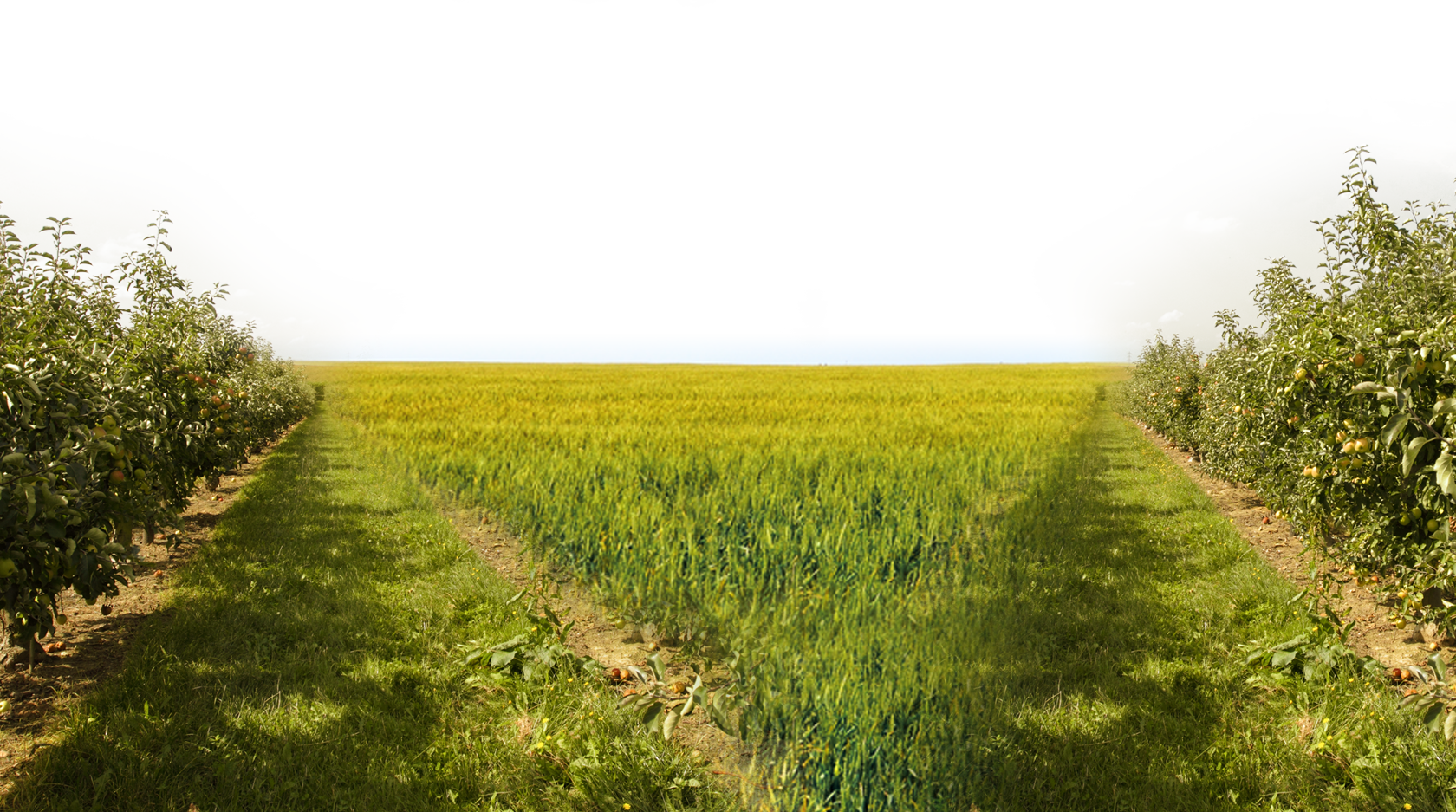
Is This the Most Powerful Food on the Planet?
By Chelsea Vurciaga | 0 Comments | Posted 10/04/2016
Did you know that flax has been considered to be so healthy that a king once ordered the people in his community to consume more of it on a regular basis? It’s true! Sometime in the 8th Century, King Charlemagne also known as “Charles the Great” actually passed laws requiring his subject to eat it. While his actions may seem severe, his intentions are not far off. More evidence is mounting that flax is integral for our health.
What is Flax?
One of the oldest crops in the world, flax grows as an upright plant with gorgeous blue flowers and fruit that contains nutritious seeds. People have used flax as far back as ancient Egypt and China times, particularly to make cloth and linen. There are two types of flax—golden and brown—each of which contains similar nutrients including beneficial fiber, manganese, vitamin B1 and omega-3.
Cancer Protection
According to Kelley C. Fitzpatrick, director of health and nutrition with the Flax Council of Canada, studies have shown flax may protect against breast cancer, prostate cancer, and colon cancer. The key nutrients in flax that make a difference are ALA and plant lignans. ALA helps to halt tumor incidence and growth and plant lignans contain plant estrogen and antioxidant qualities that help thwart cancer risk. When you consume flax you are getting 75 to 800 times more lignans than other plant foods.
Brain Health
Flax oil is rich in Omega 3 fatty acids, which serve as powerful food for the brain. In fact, 60 percent of the brain consists of lipids (fats) that make up the lining, or cell membrane of brain cells. Consuming high-quality Omega 3 fatty acids provide vital nutrients for better brain functioning. In fact, research published in various scientific journals including American Journal of Psychiatry and Dementia and Geriatric Cognitive Disorders indicated that Omega 3 fatty acids help boost mood and reduce the risk of dementia.
Sources:
http://en.wikipedia.org/wiki/Flax
http://www.webmd.com/diet/features/benefits-of-flaxseed
http://www.medicalnewstoday.com/articles/263405.php


 Contact us
Contact us



























